The Citizenship (Amendment) Bill passed by the Indian Parliament legitimises discrimination on the basis of religion and stands in clear violation of the Constitution of India and international human rights law, Amnesty India said in a press communication.
The Bill, while inclusionary in its stated objective, is exclusionary in its structure and intent. It amends the Citizenship Act of 1955 to enable irregular migrants to acquire Indian citizenship through naturalisation and registration. However, it restricts the eligibility to only Hindus, Sikhs, Buddhists, Jains, Parsis and Christians from Afghanistan, Bangladesh and Pakistan who entered India on or before 31 December 2014. The Bill also reduces the requirement of residence in India for citizenship by naturalisation from 11 years to 5 years for these particular communities.
“Welcoming asylum seekers is a positive step, but in a secular country like India, slamming the door on persecuted Muslims and other communities merely for their faith reeks of fear-mongering and bigotry. The amendments are completely oblivious to the nature and scale of persecution faced by minorities in the neighbouring region. They also run absolutely foul of India’s international obligations under the Universal Declaration of Human Rights and International Covenant on Civil and Political Rights. The amendments also run counter to Article 14 of the Constitution of India that guarantees the right to equality to every person and protects them from discrimination on the inherent grounds of religion, race, caste, sex or place of birth”, said Avinash Kumar, Executive Director of Amnesty India.
In addition, the amendments exempt these particular communities from the application of the Passport (Entry into India) Act, 1920 and Foreigners Act, 1946 that provide for prosecution and detention of irregular migrants and foreigners. Subjecting one set of asylum seekers to detention and exempting others contravenes Article 21 which protects every person from arbitrary deprivation of liberty.
Furthermore, in addition to Pakistan, Afghanistan and Bangladesh, India also shares its borders with Bhutan, Myanmar, Nepal and Sri Lanka and other countries. But the amendments do not bring Sri Lankan Tamils under its purview, who form the largest refugee group in India and have been living in the country for over three decades. The amendments also do not include Rohingya Muslims of Myanmar, who have been described as the ‘world’s most persecuted minority’ by the United Nations. It further ignores the plight of the Ahmadiyyas of Pakistan, Bihari Muslims of Bangladesh and Hazaras of Pakistan who have suffered systematic persecution over years. The exclusion of these communities shows the bias of the government.
Besides adversely impacting the refugees and asylum seekers, the amendments also impinge on the human rights of Indian citizens, particularly Muslims. The Government of India is all set to start a nation-wide National Register of Citizens (NRC) which will document the citizenship of more than 1.3 billion people in the country. This exercise was recently concluded in Assam which resulted in the exclusion of more than 1.9 million people. Facing backlash from the Hindus and indigenous communities who were excluded from the NRC, the Bharatiya Janata Party (BJP), which is the ruling party in Assam and the centre, rejected the findings of the NRC. On 2 October 2019, touting the Citizenship (Amendment) Bill to be a tool of protection against exclusion from the NRC, the Union Home Minister, Amit Shah said, “I want to assure all Hindu, Sikh, Jain, Buddhist and Christian refugees that you will not be forced to leave India. Don’t believe rumours. Before NRC, we will bring the Citizenship (Amendment) Bill, which will ensure these people get Indian citizenship. They will enjoy all the rights of an Indian citizen.” In a later speech, he added, “We will selectively throw out all infiltrators and this task [NRC] will be undertaken by the BJP before 2024″.
“The Government of India denies any form of discrimination but the amendments clearly weaponise the NRC process against Muslims. It is difficult to view the Citizenship (Amendment) Bill in isolation and not look at the larger picture where both the amendments and the NRC may deprive minorities of their citizenship in India. The amendments also set a dangerous shift in the way citizenship will be determined in India. Worryingly, they also stand to create the biggest statelessness crisis of the world causing immense human suffering”, said Avinash Kumar.
- 6092 reads


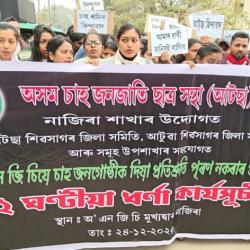
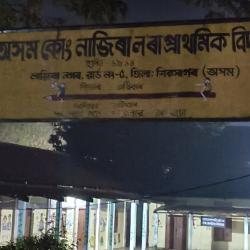
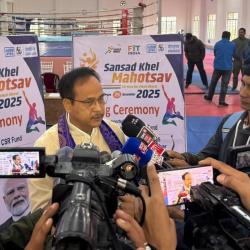
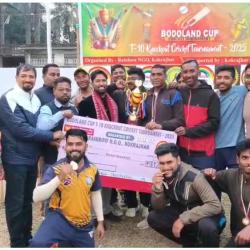
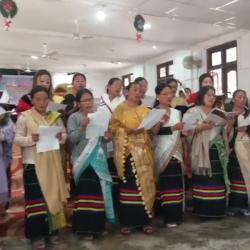

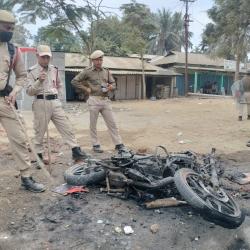

Add new comment